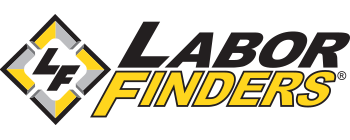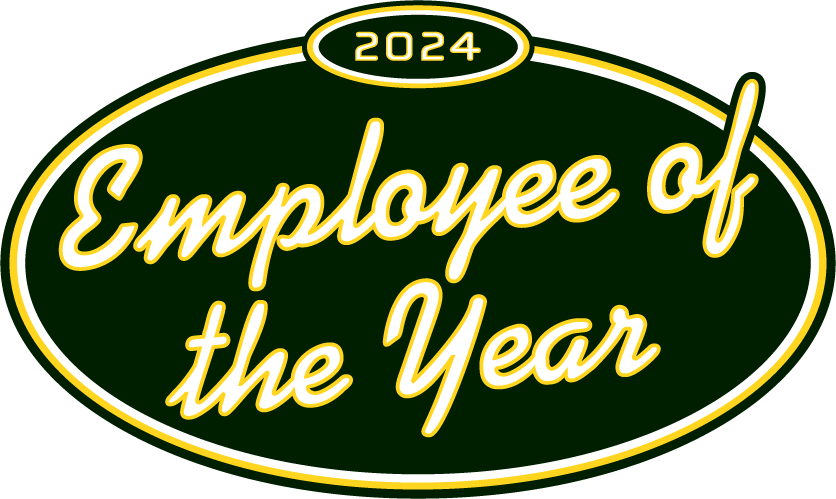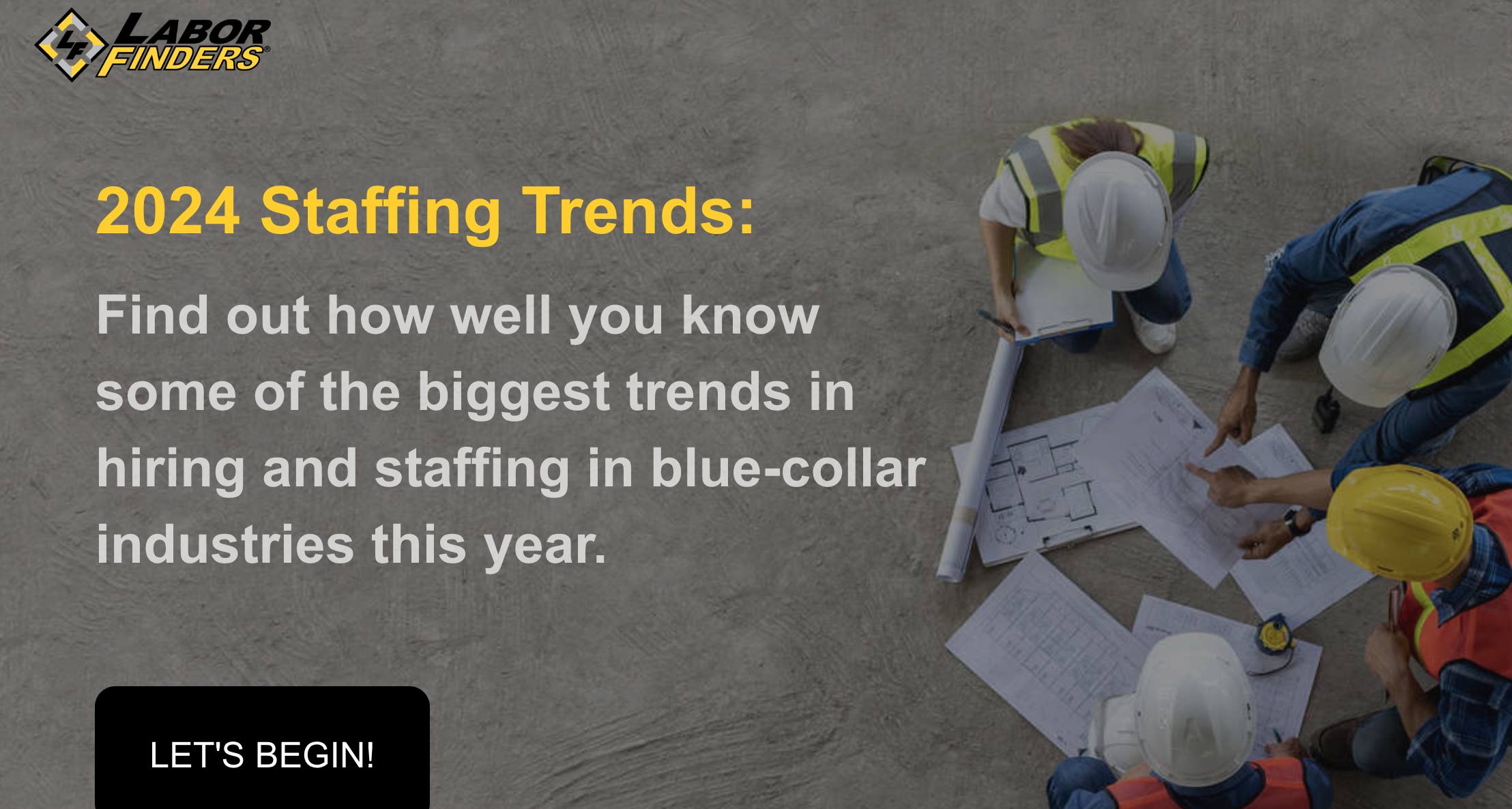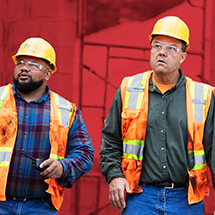-
Job Seekers
X
Job Seekers
Whether you're looking for a temp job or a permanent career, Labor Finders has you covered!
-
Explore
- How it works
- Industries
- Blog
- Locations
- Job Search
You May Also Be Interested In

2024 Employee of the Year
Learn more about our amazing Employee of the Year
-
-
Employers
X
Employers
Let us help you find the workers you need, when you need them.
You May Also Be Interested In

2024 Staffing Trends Quiz
Construction Staffing Trends Quiz
-
Industries
X
Employer Industries
Ready to staff your next project? Our staffing experts has the knowledge and the workers to cater to your unique staffing needs.
In this Section:
Job Seeker Industries
From construction to waste management, we have job openings in whatever industry you’re interested in.
In this Section:
-
About
X
About You
Getting matched to the right job, gaining the flexibility you want, making an impact in your community - at Labor Finders, it’s all about you!
-
You may also be interested in
- About Us
- Job Search Results
- Find an Office
- How it works
- Blog
About Us
With almost 200 offices nationwide, we’ve been putting people back to work for over 40 years. See why we’re a leader in the blue-collar staffing industry.
-
You may also be interested in
- About Us
- Media Center
- Video Library
- Leadership Team
- Careers
- In The Community
- History
-
- Location
Safety
How to Stay Safe on an HVAC Job
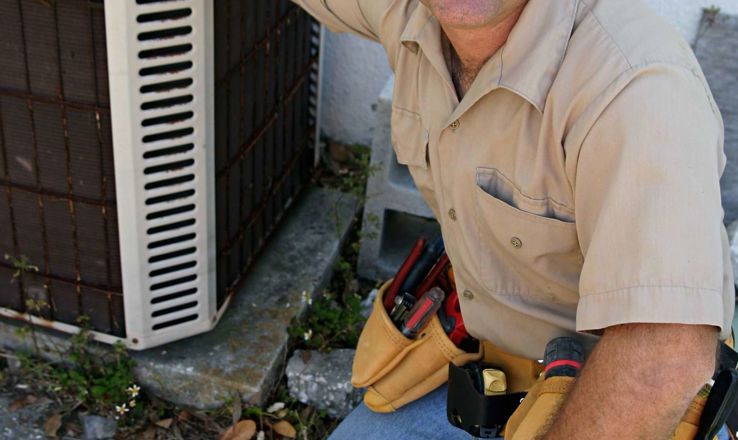
When it comes to getting hurt on the job, HVAC technicians have one of the highest rates of injury and illness among blue collar workers, according to the Bureau of Labor Statistics. Some of the hazards these workers face on an HVAC job include getting burned, electric shock, exposure to deadly gasses and falling. As an HVAC technician, to keep safe, follow these four safety tips.
Wear Protective Gear
Many of the above mentioned hazards could be avoided by wearing the right protective gear on an HVAC job. To protect yourself from cutting your skin on metal and glass, wear gloves and arm protectors. The clothes you wear should also be appropriate for the work environment you’ll be working in (think insulated clothing for cold environments). Goggles, respirators and/or face shields protect your face and lungs from debris, dust and any gasses you may encounter on a job site. Hard hats are required if the risk of falling are high and wear slip resistant boots to guard against slippery floors.
Handle Chemicals Safely
Refrigerants, cleaning liquids and solvents are just a few of the hazardous chemicals technicians may come into contact with on an HVAC job. If they aren’t handled correctly they can burn skin or even explode and cause major injuries. That’s why it’s important to follow all of the proper procedures when handling, storing and moving these types of substances. You also need to take precautions such as wearing protective clothing like gloves when working around them.
Read more about chemical safety on the job.
Be Sure to Power Down
Aside from working with potentially dangerous chemicals, HVAC jobs also require working with power systems and electrical equipment. Whether there’s a chemical spill or a water leak in a cooling system, the threat of electrocution is very real. So before starting work, make sure the equipment you’re working on as well as any main circuits are powered down.
Click here for more tips on working around electricity.
Take Care of Your Tools
From wrenches to vacuum gauges, making sure your tools are in working order is essential to staying safe. If a leak detector doesn’t work, you can inadvertently expose yourself to toxic gasses like carbon monoxide on an HVAC job. Take the time to inspect your tools and make any necessary repairs and replacements before going to work.
Let Labor Finders help you find your next HVAC job! Click here to start working with us now.

